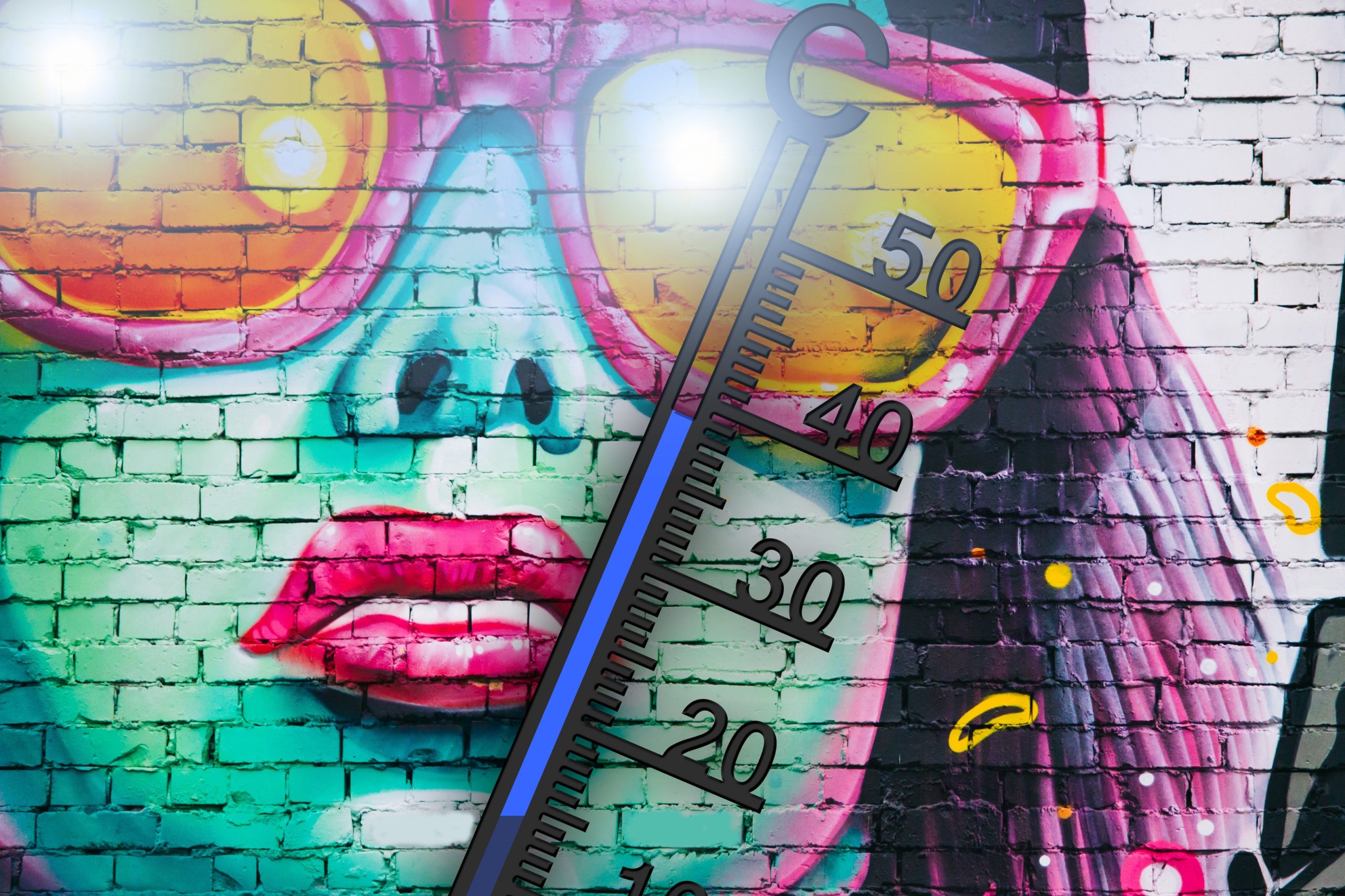How important are local weather extremes for citizens’ attitudes towards climate change?
Humans are generally stupid and tend to ignore things that seem abstract and will happen in the future (even if the future is not very distant). There is a small-ish literature on how Americans’ climate opinion responds to more extreme/hotter weather. And then there is this new paper, which was written by a very, very good Masters student and looks at the correlation between climate opinion and the temperature in the week of the interview. When I planned the seminar, this was one of my favourites.
Damsbo-Svendsen, S. (2020). How Weather Experiences Strengthen Climate Opinions in Europe. West European Politics, (), . http://dx.doi.org/10.1080/01402382.2020.1792731
What we liked
Students liked the idea of applying something from the US literature in a European context. Climate change is pretty high on their own agenda, but apart from that, they were (positively) surprised that social scientists can (and should) model the effects of real, physical variables on attitudes.

They also liked that the author was very much aware of the limits of his analysis, super transparent regarding his data and model, and provided a graph for one of the robustness checks.
What we did not like so much
Students were less impressed with the notion of “news exposure”. Going forward, they wanted to know which media reported on what kind of weather extremes, and who consumed which media content. I tend to disagree, because I think that the author provided a useful simplification and still found an effect, but there we are. Moreover, I suspect that the whole section on media exposure was grafted on the finish product at the behest of an evil reviewer.
A more serious problem is that for bigger countries, more fine-grained information on local weather should be analysed. But again, this simplification makes the whole thing more conservative, so I’m not worried. And finally, students wanted more theory. Kids these days …


Likes
Reposts